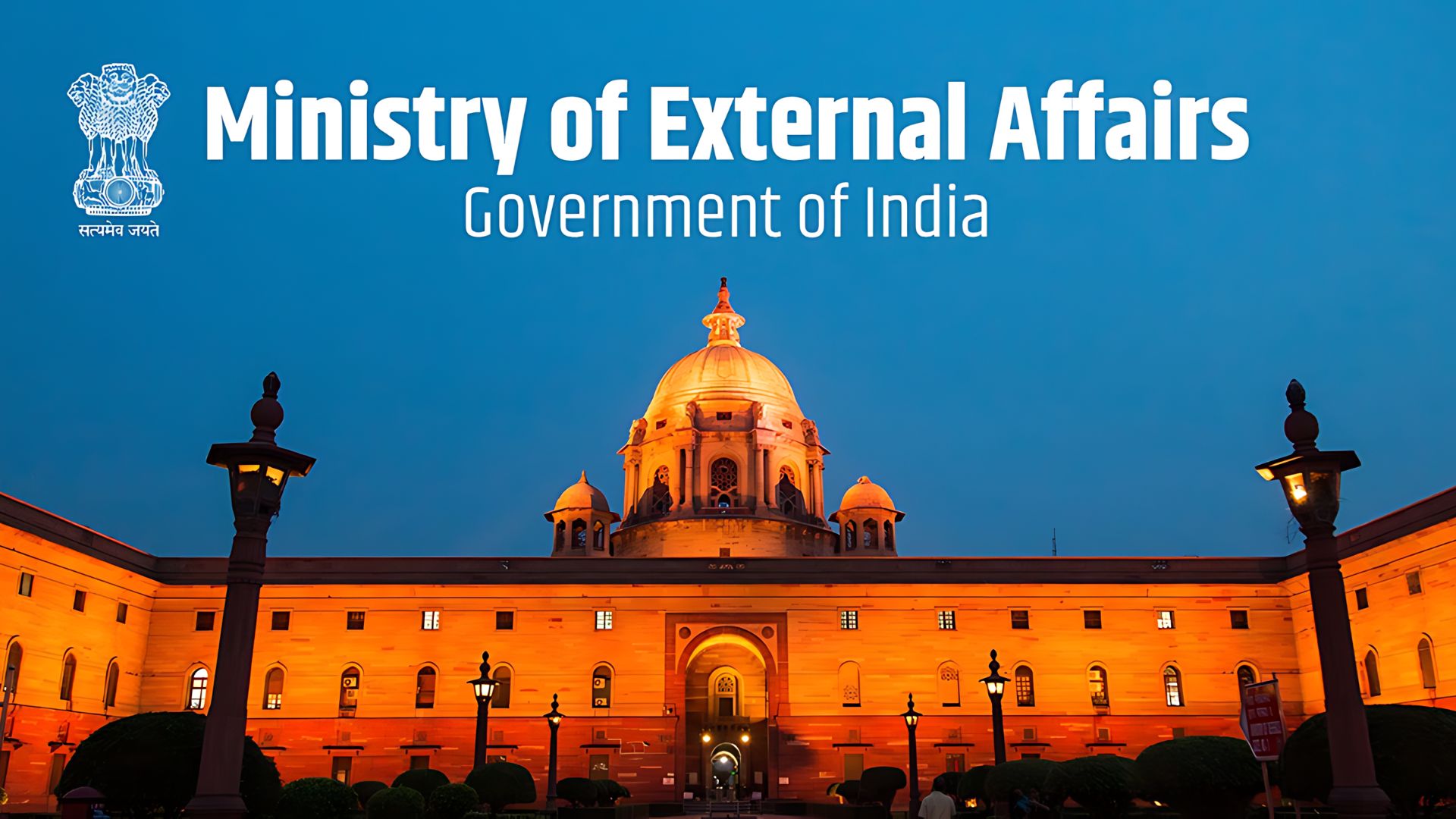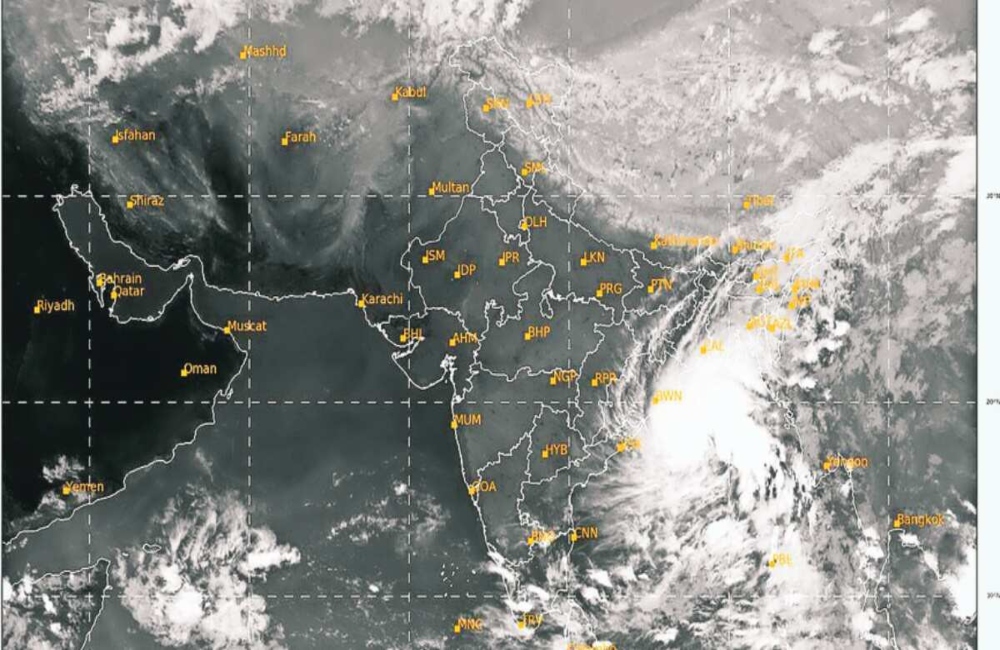


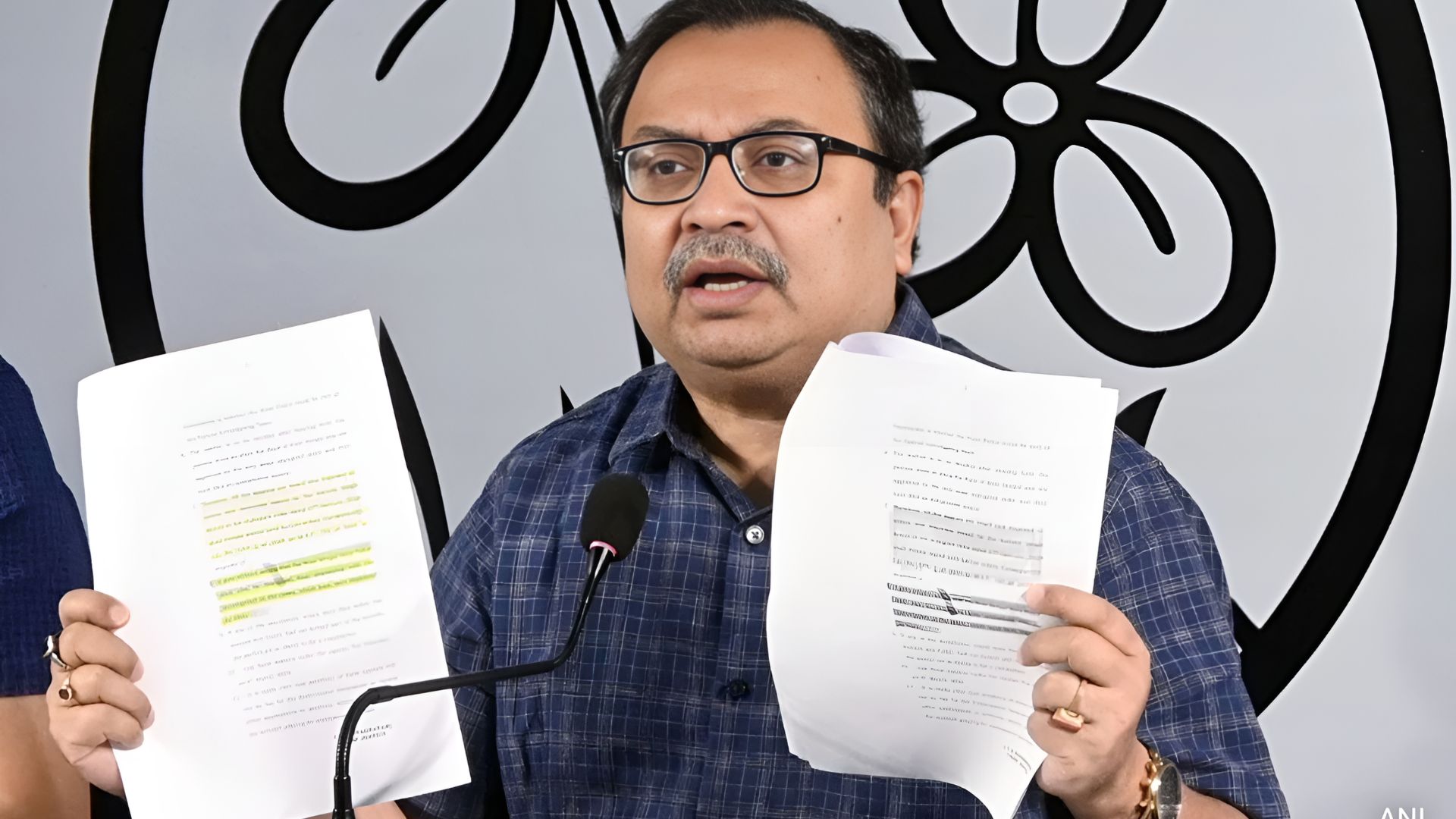


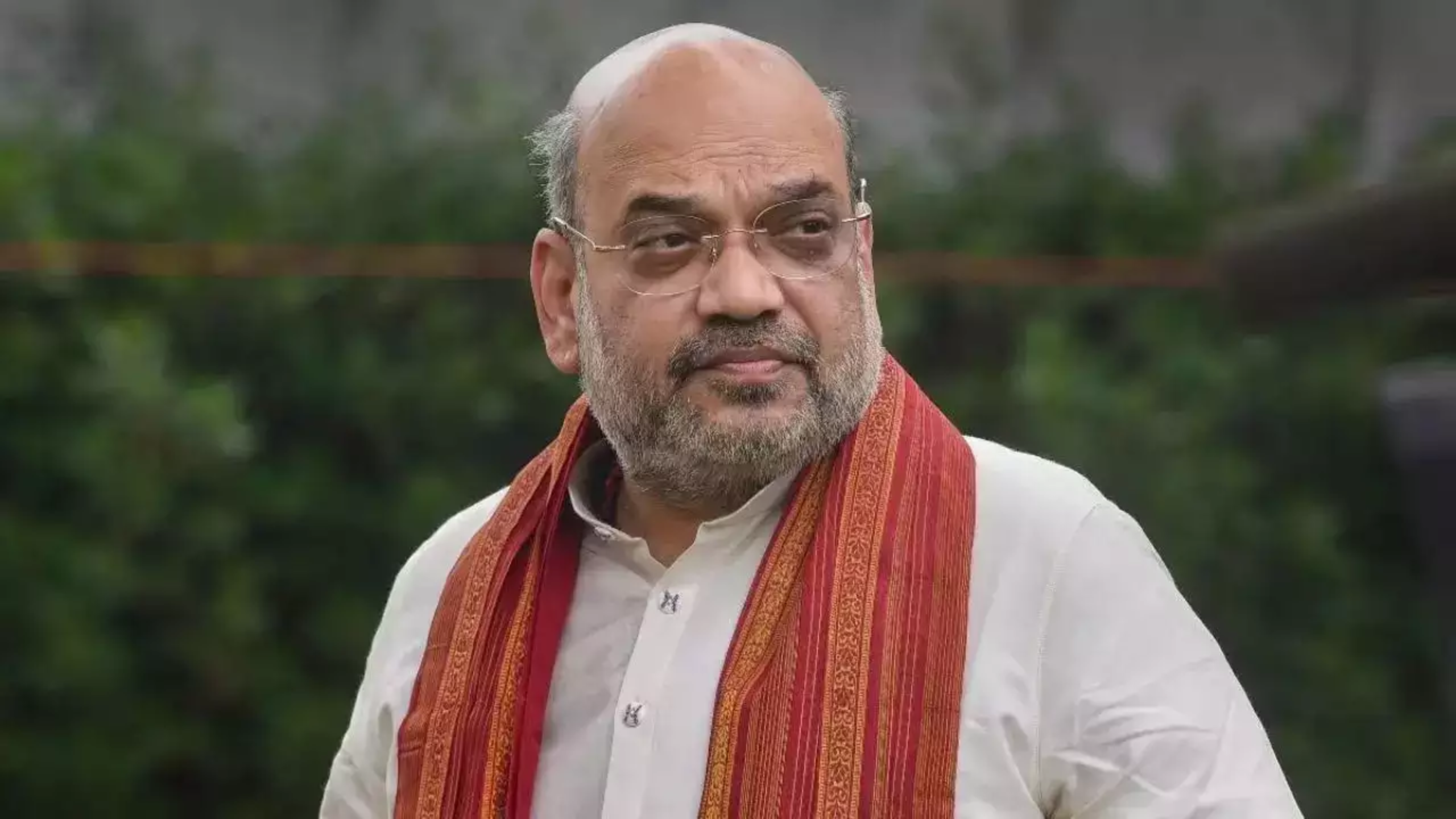

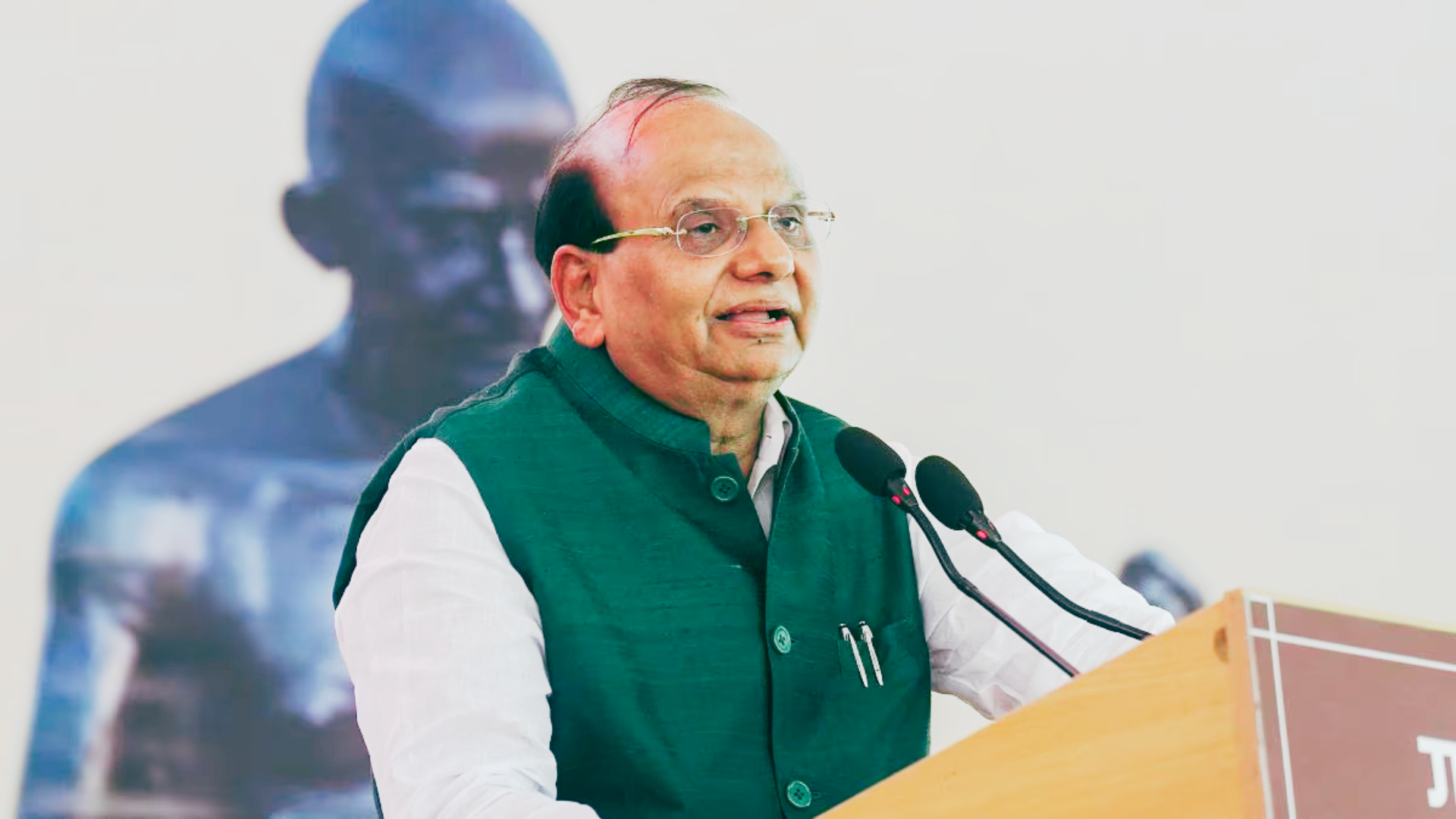

Effective April 1, 2024, the Insurance Regulatory and Development Authority of India (IRDAI) has removed the age limit for purchasing health insurance policies, marking a significant shift in India’s insurance landscape.
Previously, individuals were restricted by an age limit of 65 years for acquiring new health insurance policies. However, the recently released regulatory changes now enable individuals of any age to procure new health insurance coverage.
A notification issued by the IRDAI emphasized the importance for insurers to broaden the conditions of their services to cater to diverse demographic groups, including senior citizens, students, children, and maternity needs. Insurers are encouraged to develop tailored products to meet specific age-related requirements, fostering a more inclusive healthcare ecosystem.
The move underscores IRDAI’s commitment to enhancing accessibility and affordability of healthcare coverage across all age groups. By eliminating age restrictions, the regulatory body seeks to stimulate innovation among insurance providers, encouraging them to diversify and refine their product portfolios.
Also read: Indian National Sentenced to 5 Years for Dark Web Drug Trafficking
Furthermore, the IRDAI directive mandates health insurance providers to develop specialized policies catering to senior citizens, establishing dedicated channels for addressing their claims and grievances. This proactive approach aims to address the unique healthcare needs of elderly policyholders effectively.
Industry experts have also welcomed this regulatory shift, acknowledging its potential to expand healthcare coverage to individuals above 65 years of age. Insurers, guided by board-approved underwriting guidelines, are now empowered to extend coverage to senior citizens based on affordability and viability considerations.
In another significant reform, insurers are barred from rejecting policies for individuals with severe medical conditions such as cancer, heart or renal failure, and AIDS. The notification also reduces the waiting period for coverage of pre-existing conditions from 48 months to 36 months. After this period, all pre-existing conditions must be covered, regardless of initial disclosure.
Moreover, IRDAI has mandated a transition from indemnity-based health policies (which reimburse hospital expenses) to benefit-based policies, providing fixed payouts upon diagnosis of covered illnesses. This shift aims to enhance clarity and predictability in insurance offerings, ensuring policyholders receive timely and transparent benefits.
The comprehensive regulatory measures introduced by IRDAI herald a new era of inclusivity and transparency in India’s health insurance sector, empowering individuals of all ages to access comprehensive coverage and essential healthcare services. These reforms reinforce IRDAI’s commitment to promoting consumer welfare and fostering a robust and responsive insurance ecosystem.







